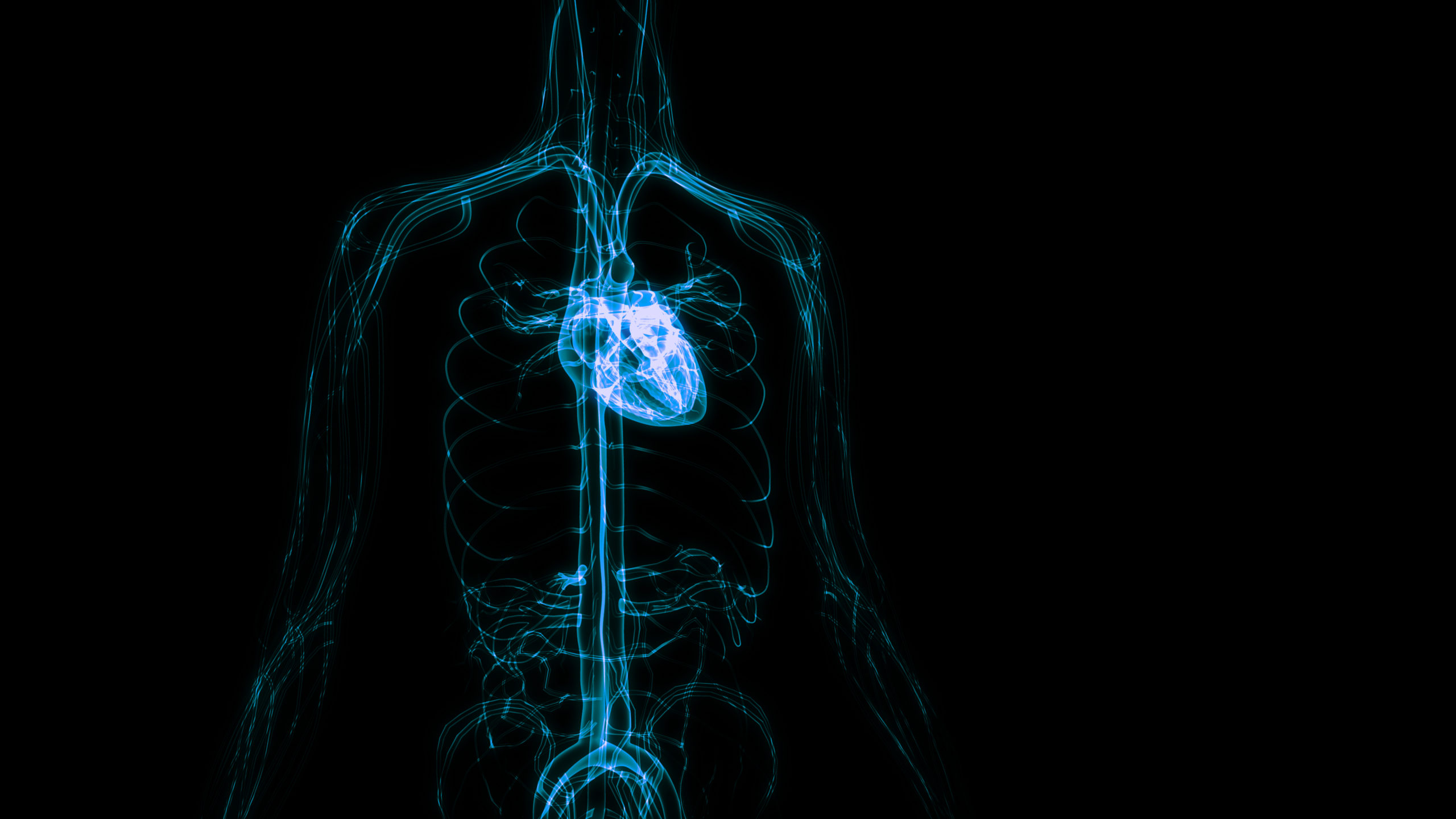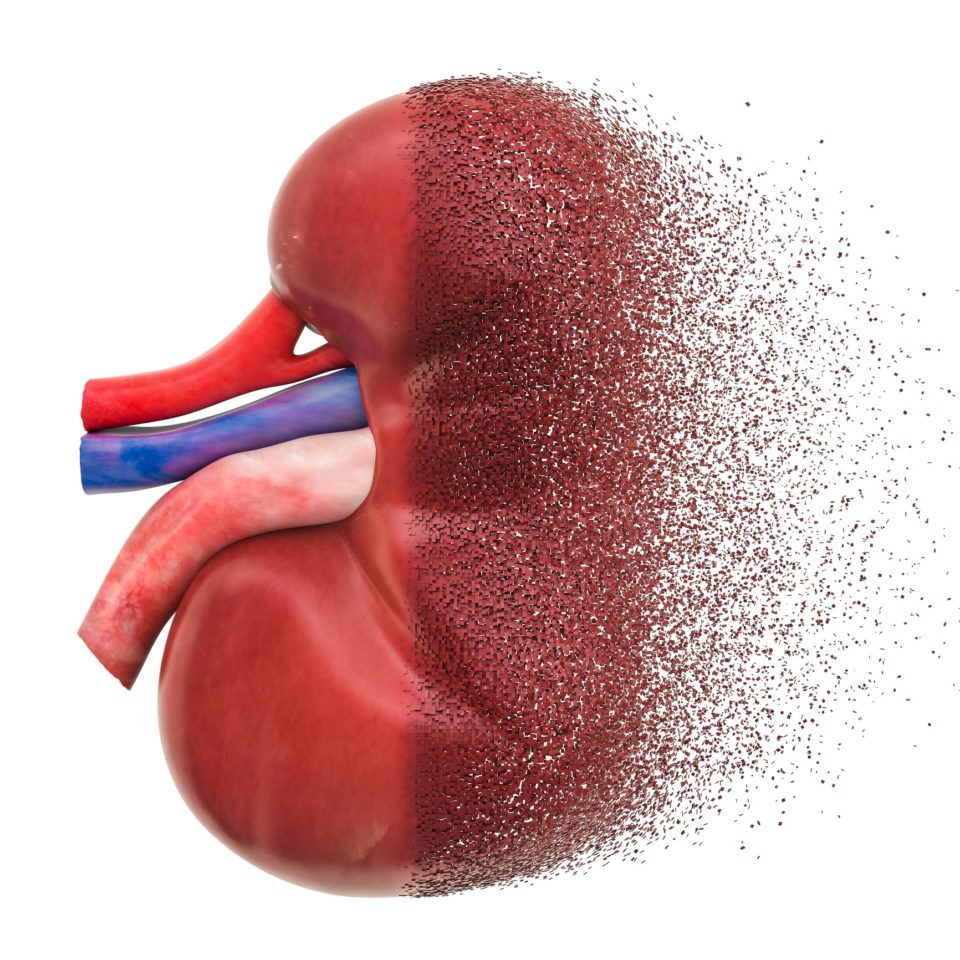
Patients with chronic kidney disease face markedly increased risk for cardiovascular morbidity and mortality. Results of previous studies have suggested underutilization of invasive cardiovascular care for the treatment of acute coronary syndrome (ACS) in patients with CKD. Sanjana Kapoor, MD, and Steven Weisbord, MD, conducted a study comparing the use of invasive cardiovascular care for ACS and the association between use of invasive cardiovascular care for ACS with 5-year mortality in a contemporary cohort of patients with and without CKD. Intensive cardiovascular care was defined as coronary angiography (CA), percutaneous coronary intervention (PCI), or coronary artery bypass grafting (CABG).
Results of the study were reported during a poster session at NKF SCM22. The poster was titled Lower Utilization of Invasive Cardiac Care in Patients with Stage 3 and 4 Chronic Kidney Disease Admitted with Acute Coronary Syndrome in a Tertiary Healthcare System.
Patients hospitalized with ACS (ST-elevation myocardial infarction [STEMI] or NSTEMI) between January 1, 2016, and December 31, 2019, were included in the study. Patients with CKD stage 5 or end-stage kidney disease were excluded, as were patients with DNR orders or palliative care consults. International Classification of Diseases-Tenth Revision (ICD-10) primary discharge codes were used to identify ACS, and Current Procedural Terminology (CPT) and ICD-10-Procedure Coding System codes were used to identify CA, PCI, and CABG procedures
Multivariable logistic regression was used to compare the use of invasive care based on CKD status. Cox hazard models were used to compare mortality
The study included 2316 NSTEMI patients and 478 STEMI patients. Of the total cohort, 540 patients had a diagnosis of CKD. Patients with CKD were more likely to be older (78 years of age vs 71 years of age; P<.001), and to have type 2 diabetes mellitus (67% vs 42%; P<.001), hypertension (98% vs 90%; P<.001) and a history of stroke (35% vs 21%; P<.001), compared with those without CKD.
Following adjustment for age, race, sex, and diagnosis of diabetes mellitus, hypertension, and history of stroke, patients with CKD were 32% less likely to undergo invasive cardiovascular procedures than those without CKD (adjusted odds ratio [aOR], 0.68; 95% confidence interval [CI], 0.54-0.87). The percentage of NSTEMI patients undergoing invasive cardiovascular procedures decreased with increasing CKD severity (83% vs 76% vs 68%; P<.001). The aOR for invasive cardiovascular procedures in patients with CKD compared with patients without CKD was 0.61 (95% CI, 0.47-0.81).
In both the CKD group and the non-CKD group, there was improved survival with invasive cardiovascular procedures observed. The adjusted hazard ratio for death at 5 years with performance of procedure was 0.63 (95% CI, 0.45-0.88) among CKD patients compared with 0.42 (95% CI, 0.33-0.53) in patients without CKD.
In summary, the authors said, “In a contemporaneous cohort of patients treated at a large, tertiary-referral hospital system, patients with CKD are less likely to undergo invasive care to treat ACS, despite a decrease in mortality with such treatment.”
Source: Kapoor S, Weisbord S. Lower utilization of invasive cardiac care in patients with stage 3 and 4 chronic kidney disease admitted with acute coronary syndrome in a tertiary healthcare system. Abstract of a poster (Poster #182) presented at the National Kidney Foundation 2022 Spring Clinical Meetings, Boston, Massachusetts, April 6-10, 2022.







 © 2025 Mashup Media, LLC, a Formedics Property. All Rights Reserved.
© 2025 Mashup Media, LLC, a Formedics Property. All Rights Reserved.